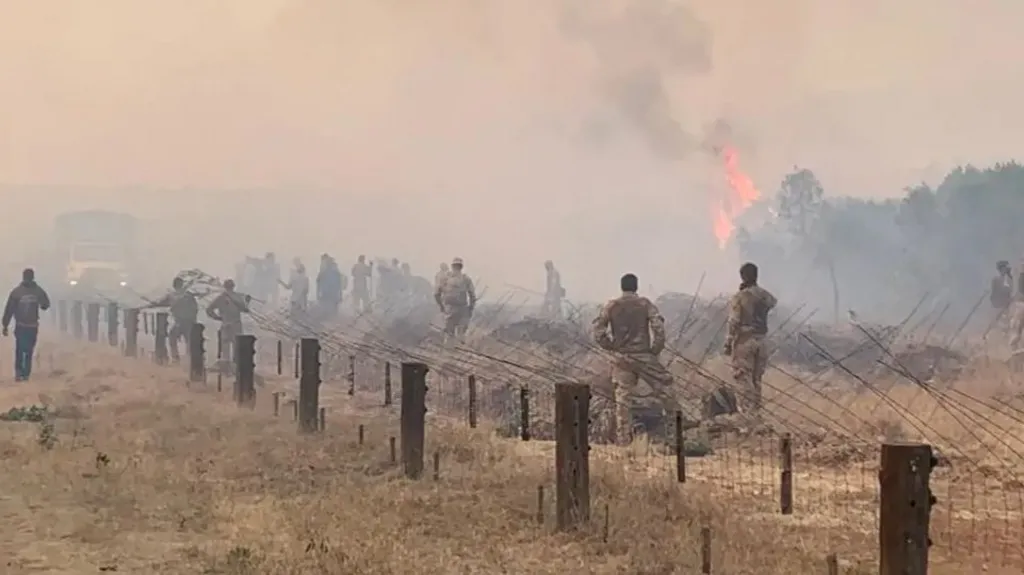The UK government has agreed to compensate thousands of Kenyans who suffered losses following a devastating fire linked to a British military training exercise in 2021. The settlement, worth £2.9 million, comes after a prolonged legal battle involving 7,723 claimants from Laikipia County.
The blaze, which tore through the Lolldaiga conservancy in Kenya’s Rift Valley, was believed to have been caused by a camp stove accidentally knocked over during a British Army Training Unit Kenya (Batuk) exercise. The fire damaged about 7,000 acres of private land, destroyed property, and, according to residents, caused significant health issues from smoke inhalation.
While the UK Ministry of Defence described the fire as “extremely regrettable,” it stopped short of admitting full liability. The settlement, reached out of court, was intended to bring closure to the claimants, though many expressed dissatisfaction with the payouts. Lawyer Kevin Kubai, who represented the victims, said that while the compensation fell short of expectations, it was the “best possible outcome” given the difficulty of proving health claims without medical records and the likelihood of prolonged litigation.
Residents had also argued that the fire led to environmental damage and disturbances, including stampedes by wild animals that destroyed farms and homes. The British government has since supported restoration work in the conservancy, though military exercises in the area continue.
Lolldaiga conservancy, a sprawling 49,000-acre expanse beneath Mount Kenya’s snow-capped peaks, lies in Laikipia a region marked by historical land disputes tracing back to colonial land seizures. The proximity of British military installations, including the £70 million Nyati Barracks, underscores the strategic importance of the area to Batuk operations.
Despite Batuk’s contribution of tens of millions of pounds annually to Kenya’s economy, the presence of British soldiers has often stirred controversy. Allegations of misconduct including fatal accidents, murder, and sexual exploitation have periodically strained relations with local communities.
The fire compensation case highlights ongoing tensions between Kenya’s communities and the legacy of British military presence. While the settlement provides some relief, it also raises questions about accountability, environmental stewardship, and the long-term impact of foreign military activities on local populations.

